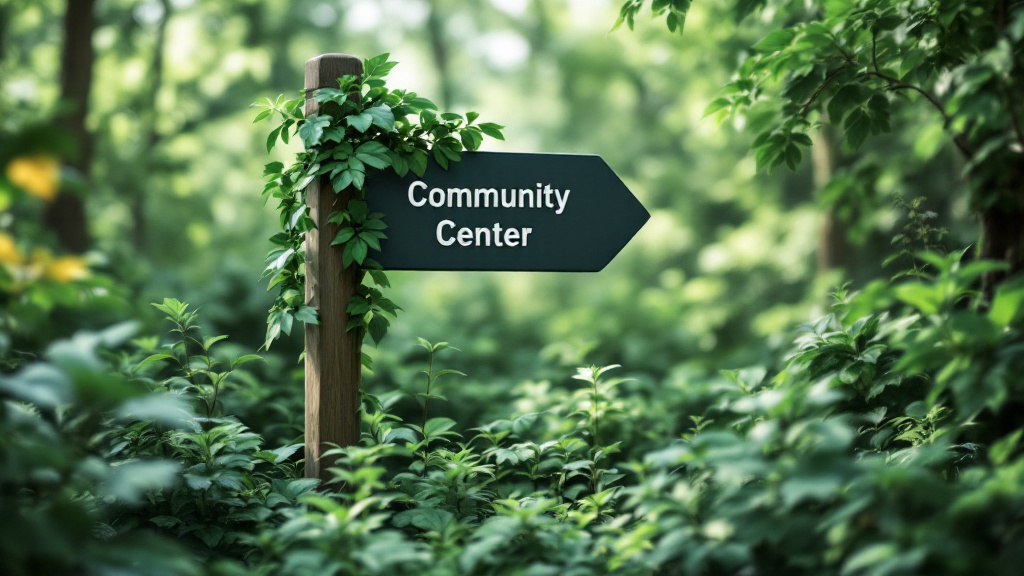Understanding Lollapalooza's Alcohol Scene
Lollapalooza, one of the world's most famous music festivals, has carved out a distinct cultural niche since its inception in 1991. A massive draw for music lovers worldwide, the festival is widely recognized not just for its dynamic line-up but also for its distinct alcohol culture. Alcohol consumption is a significant part of the attendee experience, permeating the atmosphere and shaping behaviors. This narrative unpacks the multifaceted connection between Lollapalooza and alcohol, analyzing its cultural significance, health implications, regulatory framework, and initiatives to promote responsible consumption.
The Role of Alcohol in Lollapalooza's Festive Atmosphere
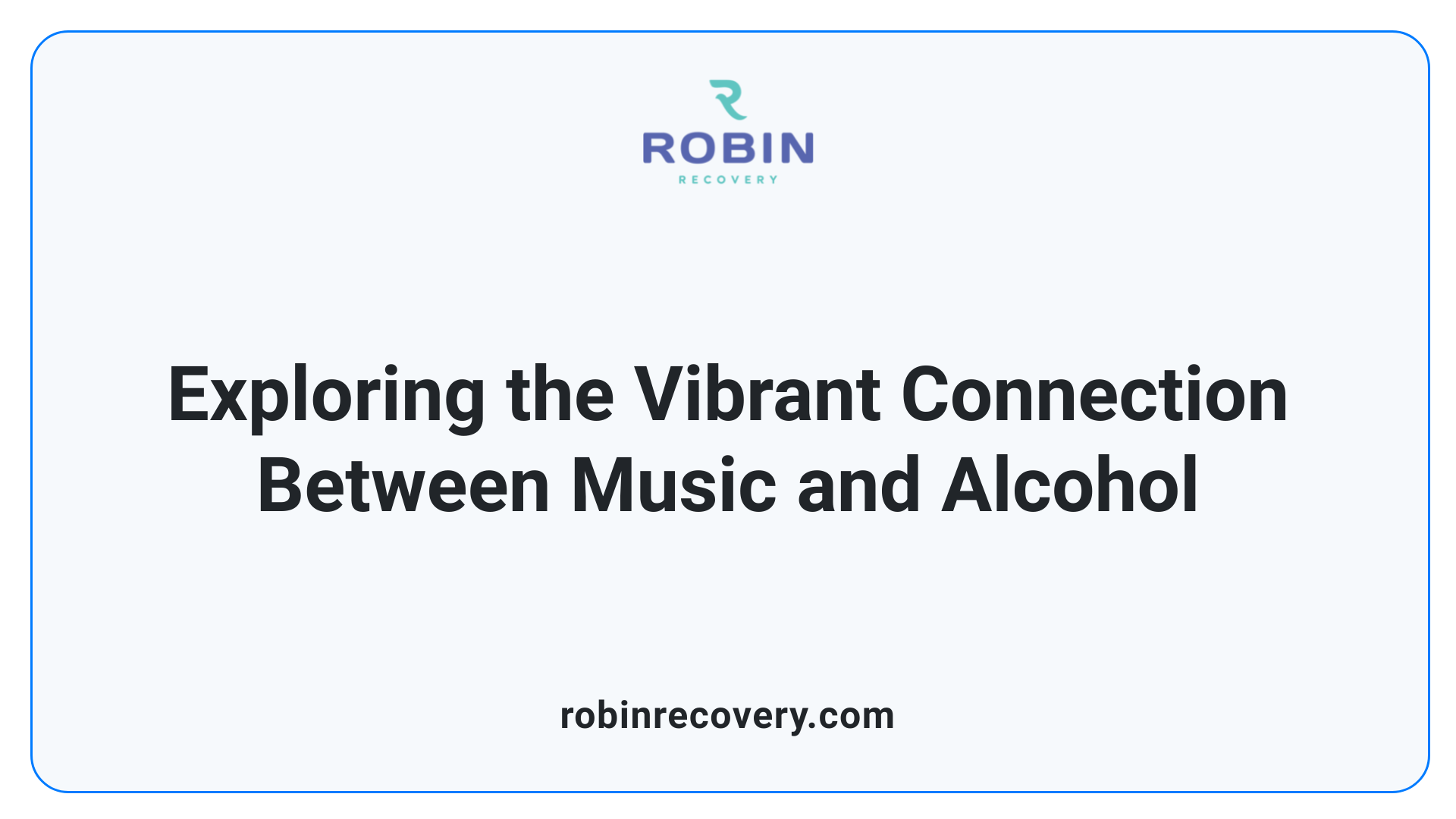
What is the relationship between Lollapalooza music festival and alcohol consumption?
The relationship between the Lollapalooza music festival and alcohol consumption is multifaceted. Alcohol is deeply entwined with the festival experience, as many attendees indulge in drinking due to the festival's lively atmosphere. With around 70% of festival-goers consuming alcohol, the variety of options, from craft beers to cocktails, enhances the celebratory vibe.
However, this party culture comes with risks. Excessive drinking is prevalent, especially among younger attendees. Studies show that 57% of attendees engage in binge drinking, contributing to a spike in alcohol-related emergencies. For instance, in 2014, Lurie Children's Hospital noted an 11-fold increase in alcohol-related ER visits among adolescents during the festival weekend compared to regular weekends.
To address these issues, Lollapalooza organizers have implemented several measures. These include strict ID checks to limit underage drinking, educational programs promoting responsible consumption, and partnerships with local health organizations to ensure attendee safety. Despite alcohol enhancing social interactions, the festival must constantly navigate the health implications it brings, striving for a safe and enjoyable environment for all participants.
Party culture and social behavior
Lollapalooza's atmosphere promotes drinking as a highly social activity. Many attendees view alcohol consumption as a means to enhance their experience, facilitating connections and interactions. The festival features 25 bars and four cocktail lounges, offering a plethora of choices, thereby encouraging a culture where drinking is normalized among friends.
Unfortunately, this culture can lead to dangerous behaviors, particularly among the youth. Over 70% of attendees aged 18-24 reported drinking at the event, highlighting a pattern where alcohol consumption is often viewed as integral to the festivities. However, the festival's shift towards implementing stricter alcohol policies seems to be making a positive impact, with a 48% decrease in alcohol intoxication-related emergency room visits among underage attendees observed since 2014.
In summary, while Lollapalooza is an event that celebrates music and camaraderie—fueled heavily by alcohol—organizers are acutely aware of the public health challenges it presents, leading to ongoing efforts to promote responsible drinking within its vibrant festival culture.
| Aspect | Details | Impact |
|---|---|---|
| Alcohol Consumption Rate | 70% of attendees drink | Promotes vibrant social interactions |
| Binge Drinking Rate | 57% of attendees engage in binge drinking | Increases risk of alcohol-related emergencies |
| ER Visits Among Underage Youth | 102 visits reported in 2014 | Highlights public health concerns related to youth drinking |
| Security Measures | ID checks, strict policies | Aims to reduce underage access to alcohol |
| Health Initiatives | Partnerships for education | Promotes responsible drinking and safety |
A Historical Perspective on Alcohol Use at Lollapalooza
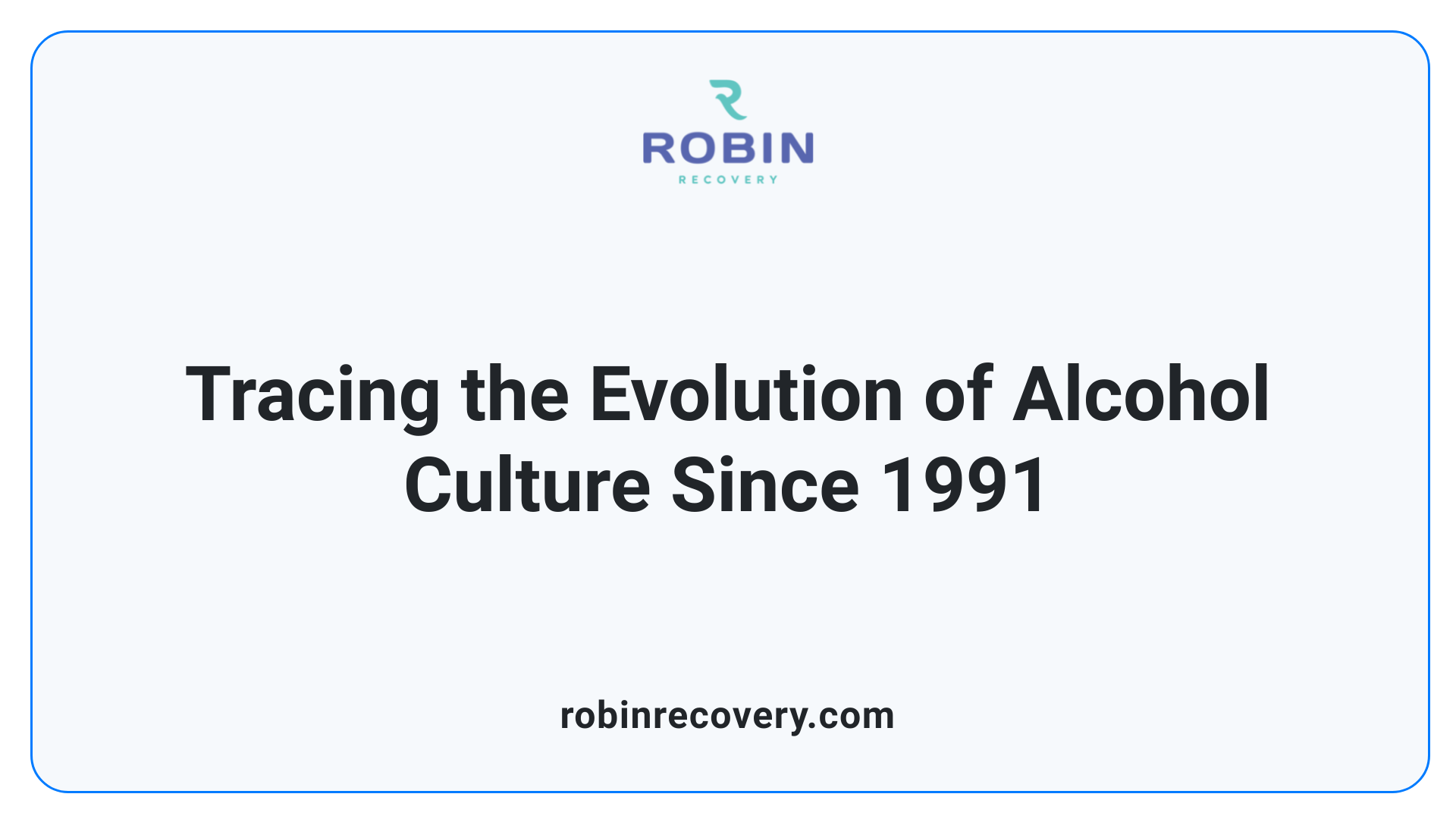
What is the historical context and culture of alcohol use at Lollapalooza?
Since its inception in 1991 as a farewell tour for Jane's Addiction, Lollapalooza has transformed into a defining annual music festival. Embedded in its culture is a vibrant atmosphere that often associates celebrations with alcohol consumption. Notably, about 70% of attendees indulge in alcoholic beverages, with studies finding that 57% engage in binge drinking during the event. This pattern of consumption highlights an ingrained alcohol culture within the festival's social dynamic.
Over the years, Lollapalooza has grappled with significant challenges concerning underage drinking. For instance, emergency room visits peaked dramatically in 2014, with Lurie Children’s Hospital reporting alarming numbers, such as 213 visits related to alcohol intoxication among underage attendees. Recognizing the gravity of this issue, festival organizers introduced stringent alcohol prohibition policies, leading to a reported 48% reduction in underage drinking instances since 2014.
Below is a summary of historical emergency visit statistics related to alcohol use at Lollapalooza:
| Year | Emergency Room Visits (Underage) | Notes |
|---|---|---|
| 2014 | 213 | Peak year for alcohol-related incidents |
| 2016 | 303 | Continued rise in medical transports |
| 2017 | 147 | Stabilization in ER visits begins |
| 2018 | 100 | Significant drop observed, 53% decrease since 2014 |
Through partnerships with health organizations and a commitment to education, Lollapalooza seeks to foster a safer environment, promoting responsible drinking while retaining the event's celebratory essence. The festival's evolution illustrates the ongoing dialogue about managing alcohol use amid a youthful, energetic crowd.
Navigating Policies and Regulations
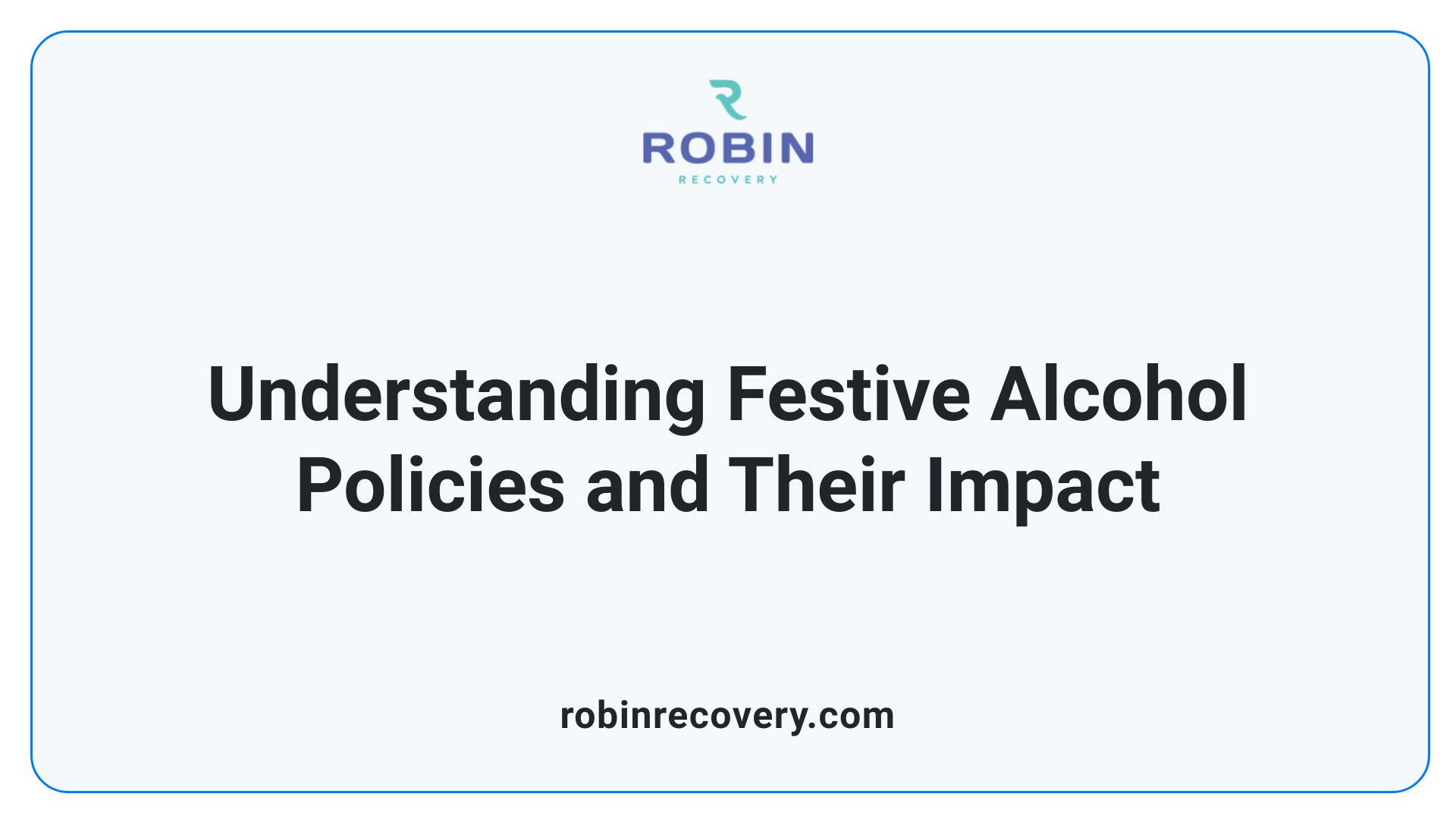
What are the policies and regulations regarding alcohol at Lollapalooza?
Lollapalooza enforces strict alcohol policies to maintain a family-friendly and safe environment. At the entrance gates, thorough bag searches are conducted to prevent unauthorized alcohol from being brought in. Only individuals of legal drinking age are allowed to consume alcohol, further ensured by requiring attendees to wear wristbands as age verification.
Despite the presence of multiple bars and cocktail lounges throughout the festival venue, the event takes a proactive approach to curb underage drinking. Since the introduction of tighter regulations, there has been a noteworthy decrease in alcohol-related emergency room visits among underage attendees, with statistics showing a 48% reduction since 2014.
Lollapalooza also collaborates with various organizations to promote responsible drinking by providing education about substance use. Efforts include encouraging hydration and safe drinking practices among festival-goers. Emergency medical staff are readily available, highlighting the comprehensive measures aimed at ensuring safety and minimizing risks related to alcohol consumption.
What are the enforcement outcomes of these regulations?
The enforcement of these alcohol policies has seen significant outcomes. After the implementation of stricter measures, emergency room visits related to alcohol intoxication have shown a decline, notably from 213 visits in 2014 to about 100 by 2018. Additionally, awareness strategies have led to a 31% decrease in underage drinking incidents during the festival.
Despite the ongoing challenges with underage drinking, these policies aim to create a memorable yet safe festival experience for all attendees, promoting a vibrant atmosphere while prioritizing health and safety.
The Health Risks of Alcohol at Festivals
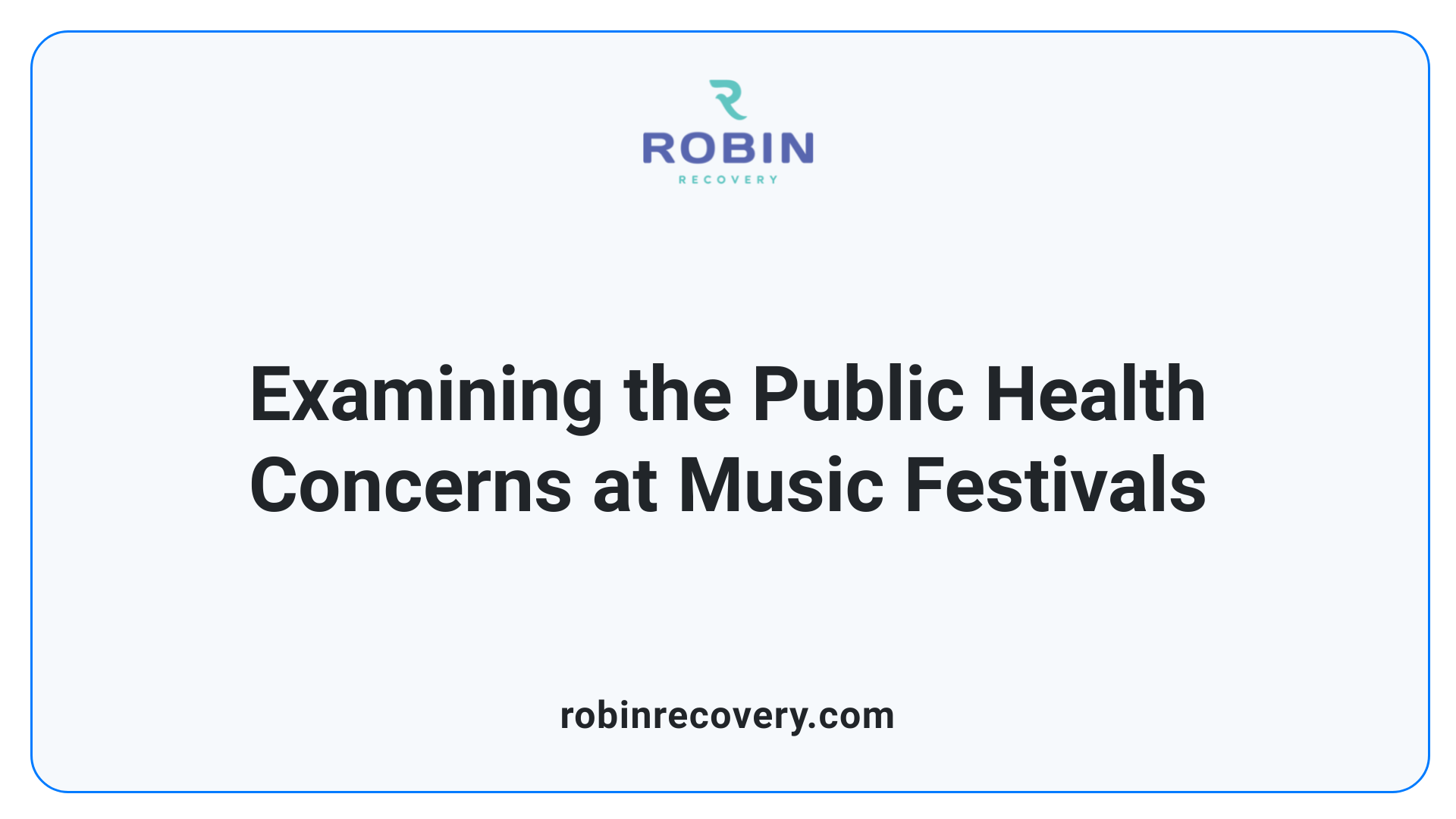
What are the public health implications of alcohol use at music festivals like Lollapalooza?
The public health implications of alcohol consumption at music festivals like Lollapalooza are significant, particularly among young adults. The festive environment creates social pressure to drink, often leading to risky behaviors such as binge drinking. Reports indicate that around 57% of attendees participate in binge drinking during the festival.
Excessive alcohol consumption contributes to immediate health risks including impaired judgment, increased aggression, and alcohol poisoning. In severe cases, it can lead to hospital emergency visits. Lurie Children’s Hospital reports that 303 medical transports were made during one festival weekend alone, reflecting the alarming number of alcohol-related health emergencies.
How do binge drinking risks manifest at Lollapalooza?
The festival atmosphere not only encourages drinking as a social activity but can also escalate its risks. Approximately 70% of attendees aged 18-24 consume alcohol at Lollapalooza, with average consumption ranging from 3 to 5 drinks per day. Such drinking habits significantly raise concerns about alcohol dependencies and long-term liver damage, especially among younger festival-goers.
Lollapalooza has introduced several measures to combat these troubling trends. For instance, they have implemented hydration stations and ID checks to promote responsible behavior. Despite these initiatives, the ongoing issue of underage drinking continues to strain local healthcare services, making this a pressing public health concern that requires active intervention.
| Risk Factors & Concerns | Statistics | Initiatives Taken |
|---|---|---|
| Binge drinking among attendees | 57% engage in binge drinking | Hydration stations and ID checks |
| Emergency room visits | 303 medical transports during Lollapalooza | Partnership with organizations for harm reduction |
| Underage drinking incidence | 70% of 18-24 year-olds consume alcohol | Strict entrance checks and alcohol prohibition on grounds |
Trends in Alcohol Consumption Among Attendees
Alcohol Preferences and Consumption Patterns
Approximately 70% of attendees at Lollapalooza partake in alcohol consumption, with those aged 18-24 showing the highest engagement. On average, festival-goers consume between 3 to 5 alcoholic drinks per day. Beer is the most popular choice at 65%, followed by cocktails at 25% and wine at 10%, reflecting diverse preferences among festival attendees.
Young Adult Drinking Statistics
Research indicates a significant prevalence of risky drinking behaviors, particularly among younger demographics. Reports suggest that 57% of attendees engage in binge drinking, contributing to heightened concerns about safety and health during the festival. Despite the ongoing issues with underage drinking, recent efforts have led to a notable decrease in emergency room visits related to alcohol intoxication, indicating progress in managing alcohol consumption risks at the festival.
Underage Drinking Concerns and Initiatives
Statistics of Underage Drinking
Underage drinking is a significant issue at Lollapalooza, with alarming statistics showcasing its prevalence. In 2014, emergency room visits for alcohol intoxication among underage attendees peaked at 213, significantly higher than during other weekends. Recent years have seen improvements, with a 53% decrease in such visits by 2018, reducing emergency visits to 100. Despite these efforts, underage drinking remains concerning, with rates still five times greater than typical weekends in Chicago. Current statistics indicate that around 70% of attendees aged 18-24 consume alcohol during the festival, highlighting a trend among younger demographics.
Intervention Efforts to Reduce Risks
To combat underage drinking, Lollapalooza has implemented several intervention initiatives. Enhanced security measures, including strict ID checks and wristband systems for those of legal drinking age, aim to prevent alcohol access among minors. Partnerships with local health organizations focus on education and harm reduction strategies during the event. Free water stations encourage hydration, while emergency medical staff are present to address alcohol-related incidents swiftly and effectively.
The Impact of Alcohol on Attendee Safety
Safety Measures and Medical Response
Lollapalooza has become a significant test for public health, especially concerning alcohol-related incidents. Emergency medical staff are on-site throughout the festival, ready to provide immediate assistance. Historical data reveals a surge in alcohol-related ER visits, particularly among adolescents, highlighting the importance of these services. For example, medical transports reported during one festival year peaked at 303, with active monitoring for signs of alcohol poisoning and other risks critical for ensuring attendee safety.
Security Enforcement
To combat underage drinking and promote a safer environment, Lollapalooza implements stringent security measures. Attendees undergo thorough bag checks and ID screenings to verify age, helping to prevent access to alcohol for minors. Moreover, unlicensed drinking and drug use are actively monitored, with significant repercussions for violators. These measures reflect a commitment to fostering an enjoyable yet secure atmosphere, aligning with local laws and public health guidelines.
Innovative Strategies for Promoting Responsible Drinking
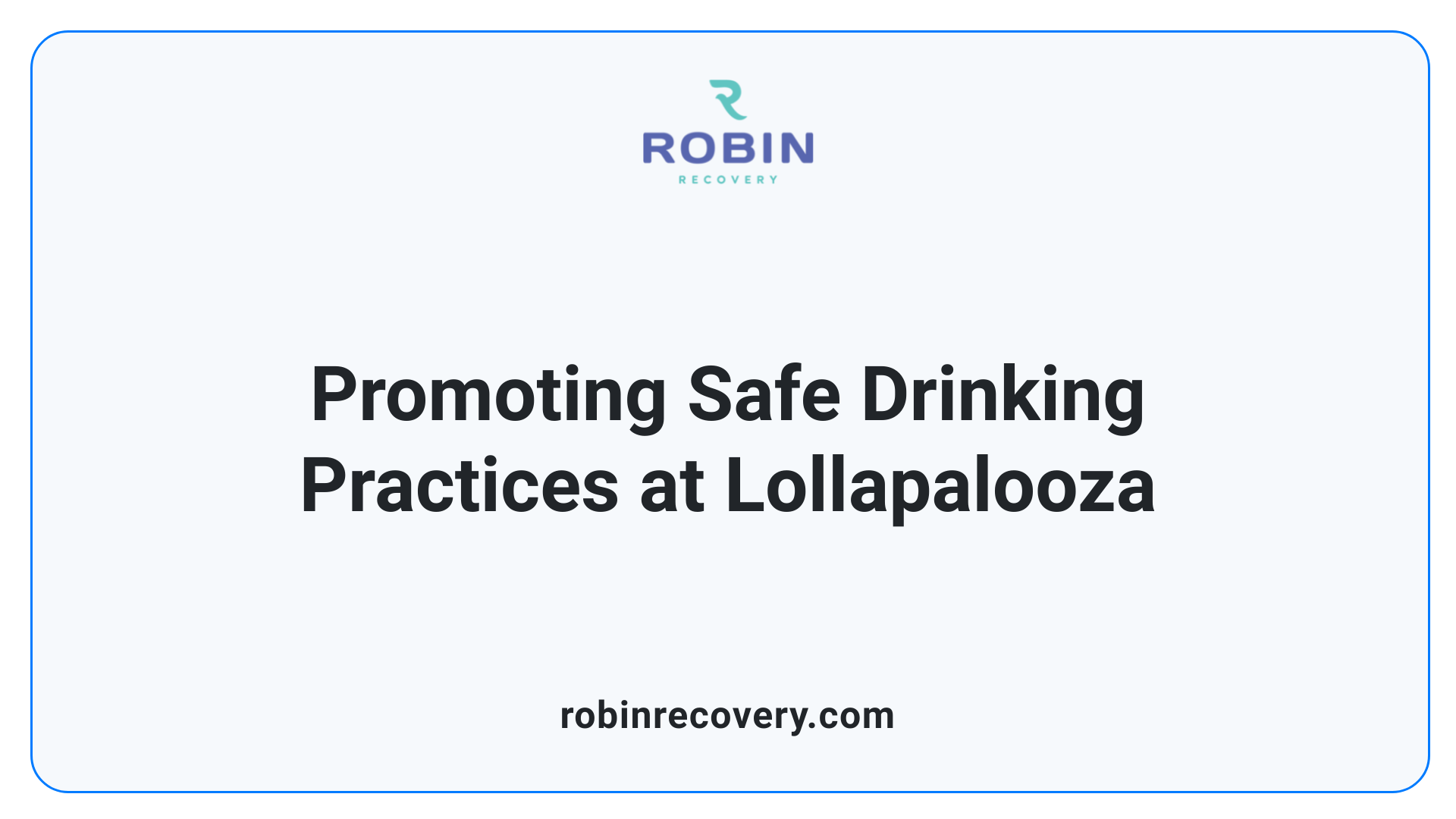
Harm Reduction Approaches
To tackle the issue of alcohol consumption at Lollapalooza, various harm reduction strategies have been implemented. These include promoting responsible drinking habits through education and awareness. Attendees are encouraged to stay hydrated and take regular breaks from alcohol consumption. Free water stations throughout the festival aim to combat the dehydration often associated with excessive drinking.
Collaborations and Partnerships
Lollapalooza collaborates with organizations focused on overdose prevention and harm reduction. By offering workshops and informational resources, these partnerships play a vital role in educating festival-goers about the risks associated with alcohol consumption and the importance of moderation. Furthermore, the festival enforces strict policies against underage drinking, including ID checks and monitoring to ensure a safer environment for all attendees.
| Strategy Type | Description | Impact |
|---|---|---|
| Harm Reduction | Promoting hydration and regular breaks | Encourages responsible consumption |
| Educational Partnerships | Collaborations for workshops and informational resources | Increases awareness of risks and promotes safety |
| Security Measures | Strict ID checks and monitoring | Reduces underage drinking incidents |
| Free Water Stations | Access to hydration | Helps mitigate alcohol-related health risks |
Anecdotal Evidence and Commentary
Personal Stories
Festival-goers often share tales of unforgettable moments at Lollapalooza, where the energy is at an all-time high. Many attendees recount how sharing a drink with friends enhances the festive atmosphere, turning strangers into companions through laughter and music. Some mention spirited debates about their favorite acts over a cold beer, strengthening their sense of community that defines the festival experience.
Festival Atmosphere
The vibrant culture at Lollapalooza is undeniably linked to its alcohol offerings, with popular drinks being part of the allure. Attendees report enjoying themed cocktails and local craft beers while soaking in world-class performances. However, amidst the revelry, there's a conscious awareness about responsible drinking, with many participants opting to hydrate alongside their drinks. Overall, while the festival promotes celebration, there's a strong push for fun without compromising health and safety.
Balancing Celebration with Responsibility
While Lollapalooza continues to be a hallmark of music and cultural expression, its association with alcohol consumption brings both vibrancy and challenges. The festival strives to maintain a safe and inclusive environment by fostering responsible drinking habits among its attendees. Continued focus on education, policy enforcement, and community collaborations will be essential in ensuring that its vibrant culture remains safe and enjoyable for all, balancing celebration with health and safety demands. As Lollapalooza evolves, so too will its approach to alcohol, aiming to set a positive precedent for festivals worldwide.
References
- Lollapalooza's Impact On Alcohol Consumption
- Lollapalooza and its Connection to Alcohol
- Behind the Scenes: Lollapaloozas Ties to Alcohol Consumption ...
- Lollapalooza and its Connection to Alcohol
- Lollapaloozas Alcohol Affair: Delving into the Connection - Arista ...
- Lollapalooza and its Connection to Alcohol - Tal Behavioral Health
- Lollapalooza and its Connection to Alcohol - Attain Behavioral Health
- Lollapalooza And Its Connection To Alcohol - Dove Recovery
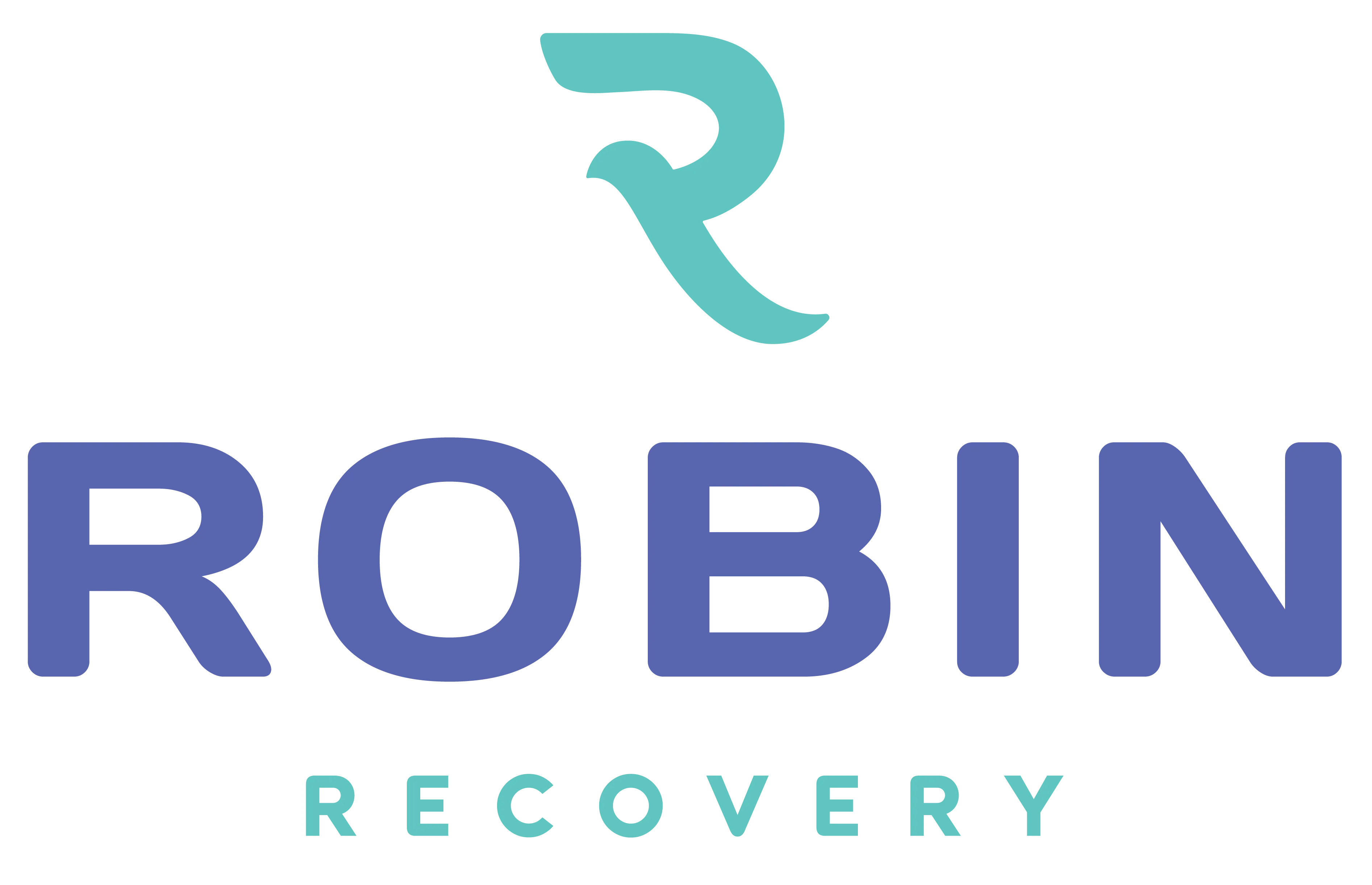
.svg)

.svg)

.svg)
.svg)














































































